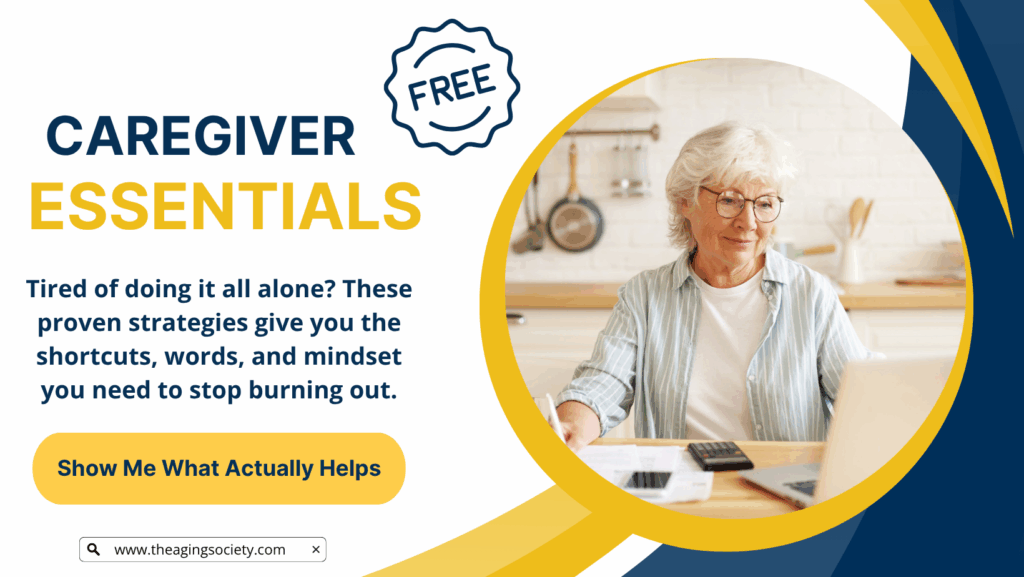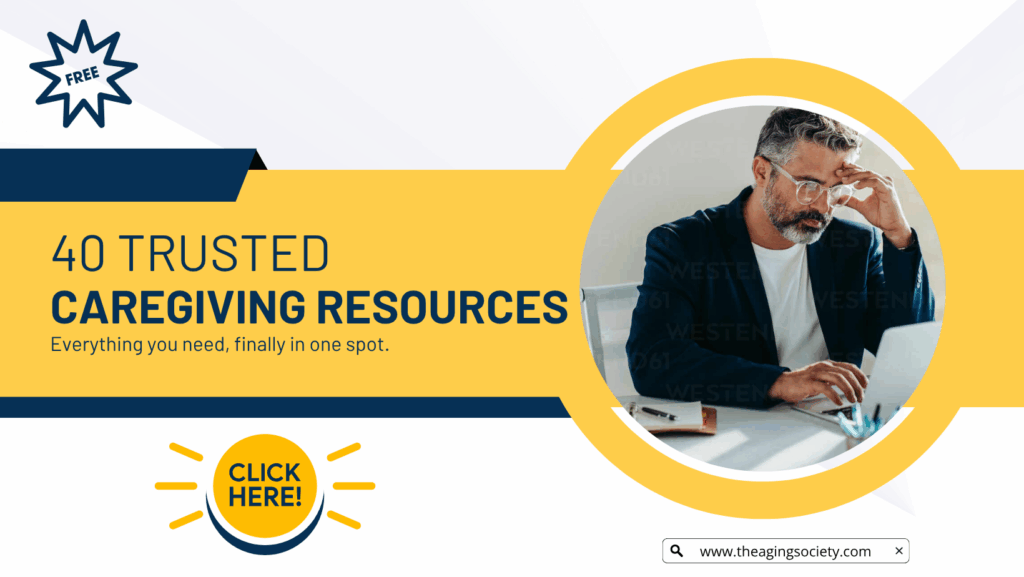Browse by categories
I help caregivers navigate conversations and decisions about senior care with clarity, confidence, and ease.
More about me
September 18, 2025
When family won’t help with caregiving, you can end up feeling overworked and invisible. It’s frustrating when others disappear while you’re managing everything alone. But understanding your caregiver boundaries and legal rights gives you both power and peace of mind.
Boundaries aren’t walls; they’re structure. Legal knowledge isn’t confrontation, it’s protection. Together, they make caregiving sustainable.
Boundaries aren’t about pushing others away; they’re about creating structure, fairness, and sustainability. And when you know your rights, you protect yourself from being taken advantage of, legally and emotionally.
The Challenge of Family Who Won’t Help
Every family has that one person who steps up. You manage the medical appointments, daily routines, and emergencies. Meanwhile, siblings or relatives claim they’re “too busy” or assume you have it handled.
This creates resentment, exhaustion, and emotional burnout. In fact, studies show that most family caregivers report little to no support from relatives.
Recognizing that imbalance is the first step toward creating fair caregiver boundaries that protect your health and your loved one’s well-being.
Setting Caregiver Boundaries That Work
Healthy caregiver boundaries and legal rights start with clarity. Without clear limits, others will assume your energy is limitless.
1. Identify Your Limits
What tasks or time commitments are draining you most? List them. Once you know what’s unsustainable, you can set limits before burnout sets in.
2. Communicate Clearly
Avoid vague language. Instead of “I need more help,” try:
“I can handle Mom’s appointments, but I need someone else to manage groceries and errands.”
Clear requests create accountability, not guilt.
3. Stay Consistent
Once you set a boundary, hold it. Others may test your limits, especially if you’ve always said yes. Consistency teaches them that your time matters, too.
Boundaries aren’t punishment; they’re respect in action.

Managing Resentment When You Feel Alone
When family won’t help, resentment can sneak in quickly. You might feel trapped between obligation and anger. But letting resentment build only drains you further.
Try this approach:
- Acknowledge your feelings. Naming anger helps release it.
- Refocus your energy. Direct energy toward self-care, not blame.
- Seek external support. Online caregiver communities remind you that you’re not alone.
- Release guilt. Boundaries protect everyone, not just you.
Resentment fades when structure and fairness return to your caregiving role.
Understanding Your Legal Rights as a Caregiver
Knowing your caregiver boundaries and legal rights is essential when family refuses to help. Legal clarity protects you emotionally and financially.
1. Family and Medical Leave Act (FMLA)
If you work for an eligible employer, FMLA allows up to 12 weeks of unpaid job-protected leave to care for a family member.
2. Paid Family Caregiver Programs
In some states, Medicaid or Veterans Affairs can pay family caregivers for providing care. Check your state’s options, compensation can ease imbalance.
3. Power of Attorney (POA)
Holding POA means you can legally make decisions for your loved one. Keep paperwork updated to avoid disputes with uninvolved relatives.
4. Legal Mediation
When conflict escalates, elder law attorneys can guide family mediation. Formal agreements ensure fairness and reduce emotional strain.
Your rights give you protection, and leverage to request real help.
Communicating With Uninvolved Family Members
When family won’t help caregiving, clarity and structure are your best allies.
- Schedule a family meeting. Lay out all caregiving tasks.
- Assign roles. Example: one handles finances, another takes transportation duties, another contributes financially.
- Follow up in writing. Document agreements in an email or shared document.
If relatives still refuse, accept their choice, but adjust your own boundaries accordingly. You can’t control their effort, only your own limits.
Creating a Sustainable Caregiving Plan
Sustainability starts with support and knowledge. Use your caregiver boundaries and legal rights as tools, not weapons.
- Schedule respite time every month.
- Contact your Area Agency on Aging for local resources.
- Keep essential legal forms organized (POA, medical directives, insurance).
- Include your well-being in the care plan, nonnegotiable.
Caregiving works best when structure replaces resentment and when fairness replaces fatigue.
Standing Firm in Your Rights and Boundaries
When family won’t help with caregiving, your role becomes even more vital, but that doesn’t mean you must do it all. By understanding caregiver boundaries and legal rights, you protect your energy, time, and emotional health.
Strength isn’t doing everything; it’s knowing where your responsibility ends. You deserve balance, respect, and support, even if it must start with you.


Susan Myers is a Mom, Caregiver Strategist, and founder of The Aging Society. She helps family caregivers get the clarity they need to navigate aging parent care without losing themselves in the process. Her courses, resources, and Caregivers: Talk With Purpose podcast offer grounded, practical support for the moments that feel overwhelming, confusing, or heavier than expected.
Leave a Reply Cancel reply
where can I take you?
where can I take you?
Resource Center
Caregiver essentials
thoughtful giftst
conversation action plan
home
contact
blog
about
The Aging Society helps caregivers navigate conversations and decisions about senior care with clarity, confidence, and ease.

Join Others in my Weekly Newsletter